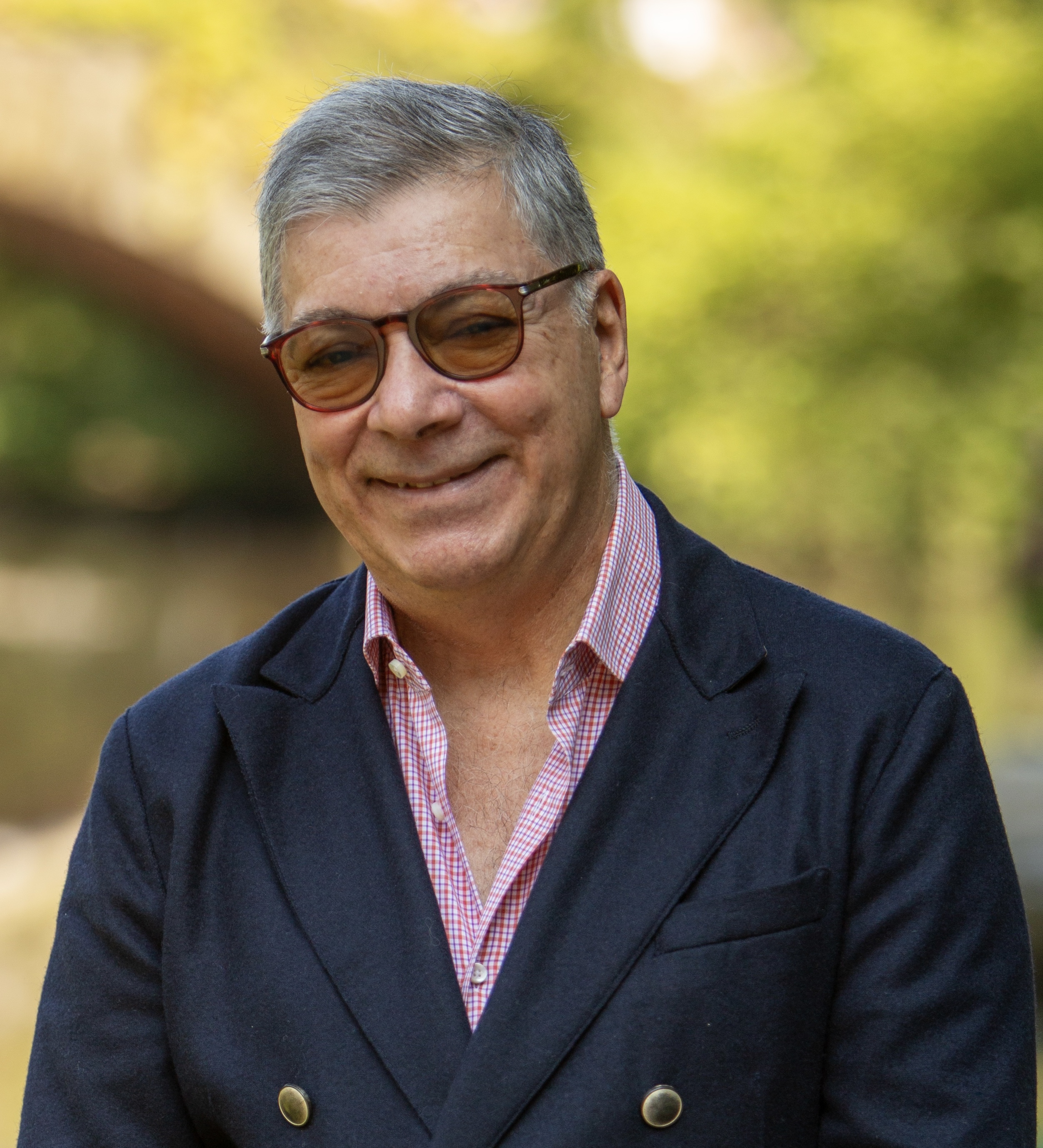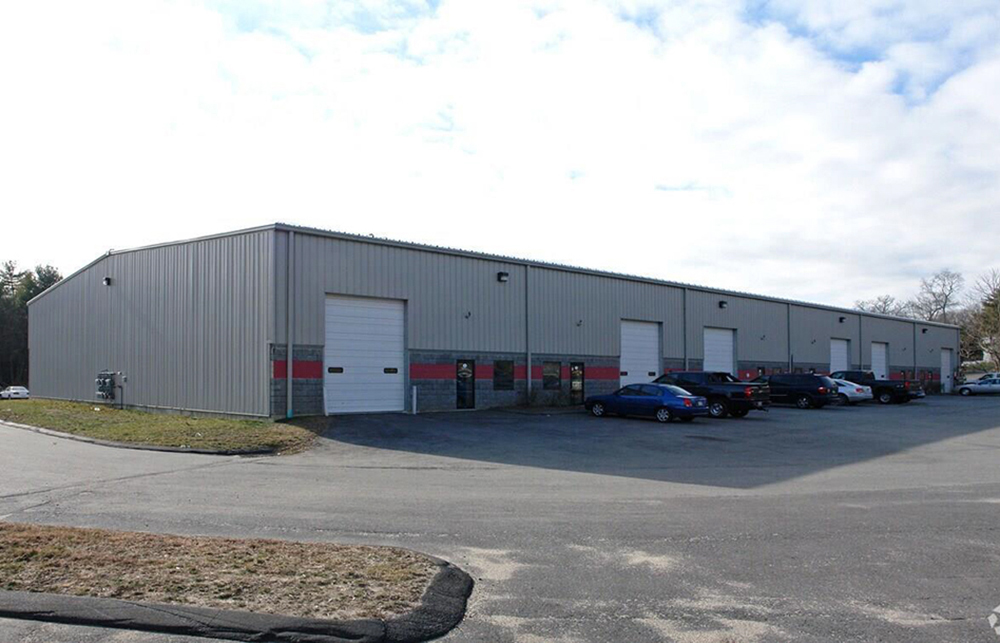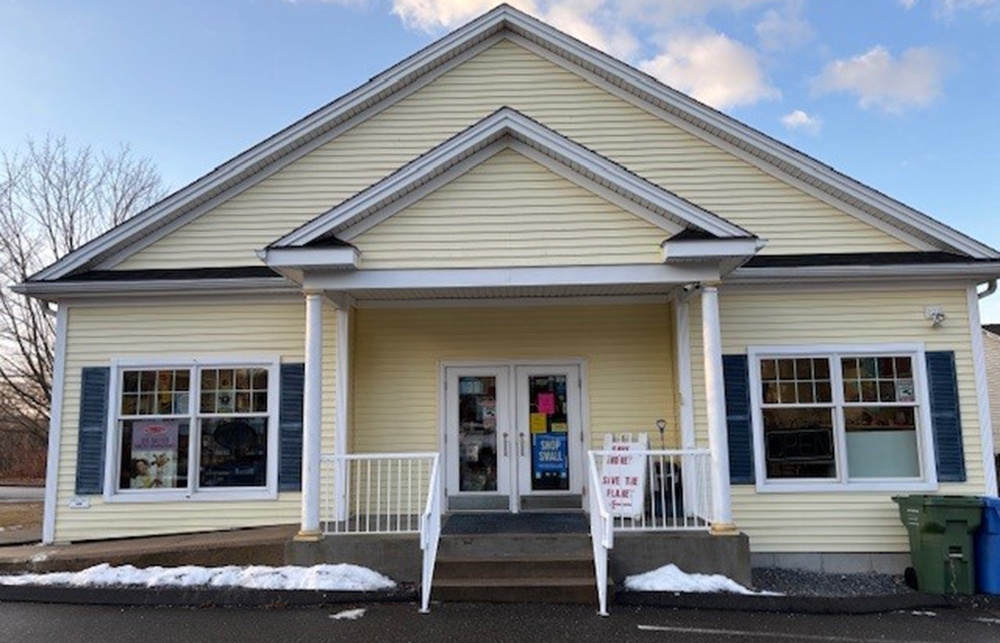Capital Group Properties and SRS Real Estate Partners lease 70,000 s/f to Market Basket
Maynard, MA According to Capital Group Properties and SRS Real Estate Partners, Market Basket Supermarket will be the anchor grocery store for the Maynard Crossing mixed-use project, slated to open in the first quarter of 2020. The project will also include The Vue at Maynard Crossing, a 180-unit high-end apartment complex developed by LeCesse Development and a 143-unit upscale senior independent living community developed by Hawthorn Retirement Group.
Maynard Crossing will be a mixed-use, 306,000 s/f supermarket-anchored development featuring multiple restaurants, retail shops, fitness options, residential and senior living complexes, entertainment and medical offices.
Market Basket’s “More for Your Dollar” reputation was recently recognized by Consumer Checkbook as the top New England Grocer for overall value and quality. The new 70,000 s/f store will include a full-service Butcher Block featuring certified angus beef and Market’s Kitchen & Café, a prepared food department. This location will provide cafe seating, with large screen TV’s, and complimentary Wi-Fi. The store plans to hire 250 new associates.
The development will include outdoor amenities such as a walking path which will connect the project to Maynard High School, Fowler Middle School and Green Meadow Elementary School, as well as a water featured park and dog park open to the public.
“Capital Group Properties is taking an old Digital Equipment site that was previously used as an R&D and manufacturing facility and creating a community center that all can enjoy,” said Peter Montesanto, principal at SRS Real Estate Partners. SRS is leading the retail leasing for the project.
In the coming weeks, Capital Group Properties and SRS will be naming additional retailers that will be coming to Maynard Crossing.
RapDev leases 17,587 s/f at 501 Boylston St. - lease brokered by JLL


Newbury Street: Boston’s timeless retail gem thrives in a modern era - by Joseph Aquino
Boston’s iconic Newbury St. continues to thrive as one of the most vibrant and compelling retail corridors in the United States. Nestled in the heart of the Back Bay, this historic St. has evolved into a powerhouse of high-St. retail, where luxury meets lifestyle and legacy brands coexist with up-and-coming names. With its European charm, diverse architecture, and unmatched foot traffic, Newbury St. remains a dynamic reflection of Boston’s energy, culture, and economic strength.

End of the year retail thoughts - by Carol Todreas

Retail / tariffs / uncertainty and (still) opportunity - Carol Todreas
As new tariffs continue to impact the global economy, retail businesses and investors are grappling with heightened uncertainty. From new high tariffs to supply chain issues to evolving consumer behaviors, continual changes are making it as or more challenging than the pandemic years. Yet, amidst this turbulence,

Placemaking and retail in 2024 - by Carol Todreas
Placemaking. That is the word for 2024. While the concept has historical precedence in urban development, it became part of our current culture in the 1960’s when urbanists started to think about cities for people, not just cars.









.png)
